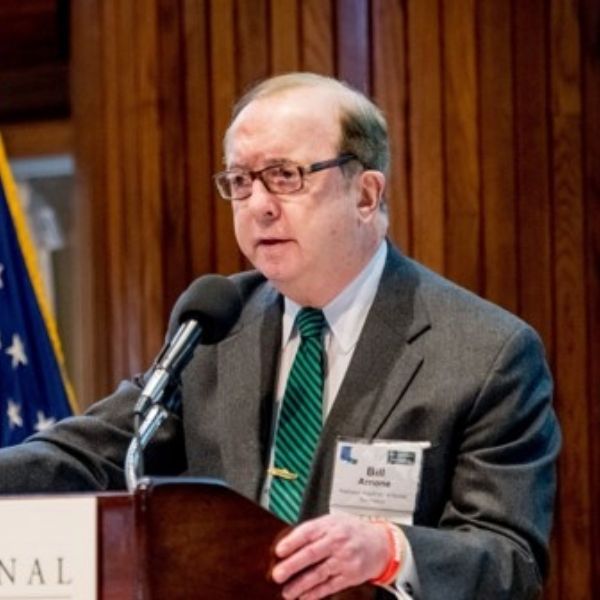William Arnone, Chief Executive Officer

Learning from Ibram X. Kendi
As our nation continues to confront racial injustice, we (who work in public policy) need to educate ourselves with the authentic voices and vivid insights of Black scholars.
Ibram Kendi is one such voice for me. Kendi is founding director of Boston University’s Antiracist Research and Policy Center and author of How to Be an Antiracist.
Reading this book recently compelled me to question much of my own work on policy and in public service over the past few decades — from the turmoil of the ‘60s, to today’s extraordinary environment, to the role of the National Academy of Social Insurance.
His book quickly tackles a key topic: “Seeing people as the problem, instead of the policies that ensnare them.”
- He identifies denial as “the heartbeat of racism, across ideologies, races, and nations.”
- With a masterful mix of scholarly citations and personal stories, he makes it so clear that being “not racist” is simply not enough. It is neutral, it is passive, and it is a far cry from the activism and self-education of being “antiracist.”
These lessons are vital to our work — particularly the discussion of racist policies.
Kendi argues that “there is no such thing as a nonracist or race-neutral policy,” making terms like “institutional” or “systemic” racism simply redundant. He believes “racial discrimination” is also inadequate, like “an immediate and visible manifestation of an underlying racial policy.”
The style, substance and structure of his arguments are each outstanding.
- Each chapter contrasts important definitions and concepts — like “racist” vs. “antiracist” or “segregationist” vs. “assimilationist.”
- He also provides incontrovertible facts that document racist issues, from climate change to Alzheimer’s disease. These can help us understand and prepared for “the basic struggle we’re all in” — “to be fully human and to see that others are fully human.”
Wherever you are in your own understanding, Kendi’s work is clear, descriptive, and accessible. If you are unable to pick up this book right away, I will leave you with his most searing questions:
“What side of history will we stand on?”
“What am I doing to change policy?”
We must ask ourselves often, and we must answer the latter with concrete impact and outcomes.
The launch of the Kilolo Kijakazi Fellowship program is one concrete step that the Academy is taking to help address structural racism. We are pleased to be working closely with – and learning alongside – the program’s initiator, Academy Member Lynette Rawlings, CEO of The Policy Academies.

